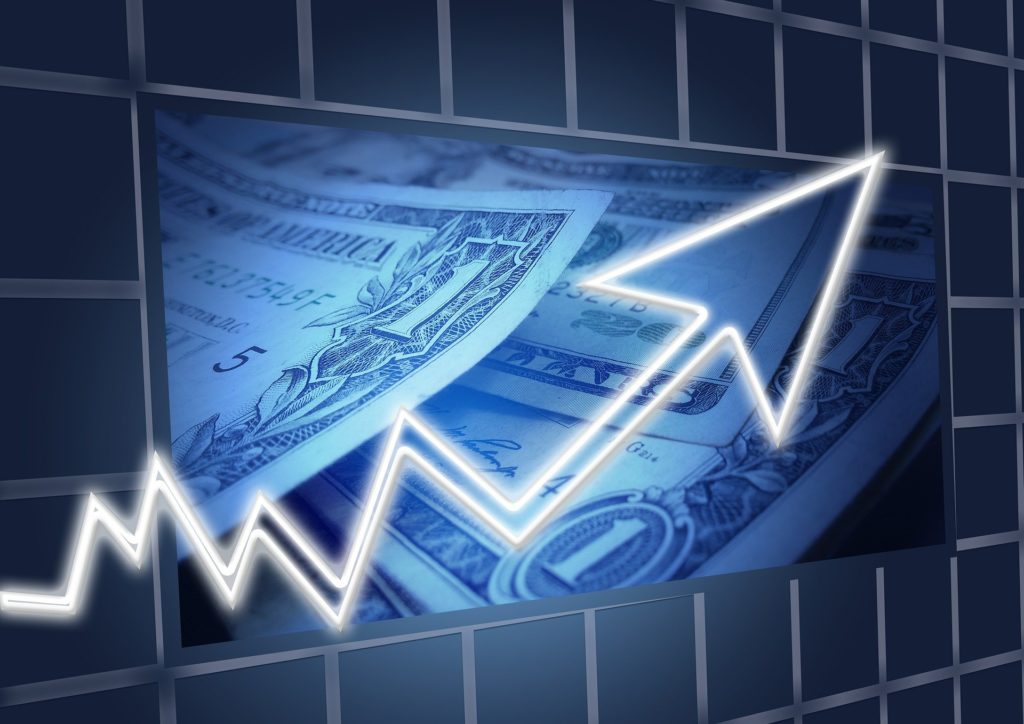U.S. consumer prices rise while experts say inflation could grow by spring
DORAL, FL – U.S. consumer prices increased in February while economists warn inflation could temporarily grow by spring, reports REUTERS today.
According to a report from the Labor Department on Wednesday cited by the news agency, the consumer price index increased 0.4% last month after rising 0.3% in January and the core PCE price index is at 1.5%. A 6.4% advance in gasoline prices accounted for more than half of the gain in the CPI.
In the last 12 months until February, the CPI grew 1.7%, which according to the report is the largest rise since February 2020, after climbing 1.4% in the 12 months through January. Gasoline prices surged 7.4% gain in January, food prices rose 0.2% in February while the cost of food consumed at home increased by 0.3% and the cost of food consumed away from home, 0.1%.
In addition, stocks on Wall Street were trading higher, says the report, with the dollar remaining steady against a basket of currencies and prices of U.S. Treasuries also rose.
U.S. consumer prices were influenced by “a surprise pick-up” in rents as well as rising costs for recreation, medical care and motor vehicle insurance, which compensated the decreasing prices in other markets directly impacted by the coronavirus pandemic such as airline fares, hotel and motel rooms, used cars and trucks and apparel.
Amid this scenario, it is expected that by April inflation could continue to increase and even exceed the Federal Reserve’s 2% target due to a possible decline in COVID-19 infections and an acceleration of the vaccination process which ultimately will allow the economy to reopen.
But this trend is temporary as noted by economists, including Fed Chair Jerome Powell, who expects the growth of inflation “will not stick beyond the so-called base effects and the reopening of services businesses.”
“Base effects and one-time price increases stemming from the reopening of the economy and some pass-through of higher prices from supply chain bottlenecks should lift core inflation to 2.5% in the spring,” said Kathy Bostjancic, chief U.S. financial economist at Oxford Economics in New York to Reuters.
“However, the acceleration in inflation will be transitory and will not represent the start of an upward spiral,” added the expert.
Photo: Pixabay.com

